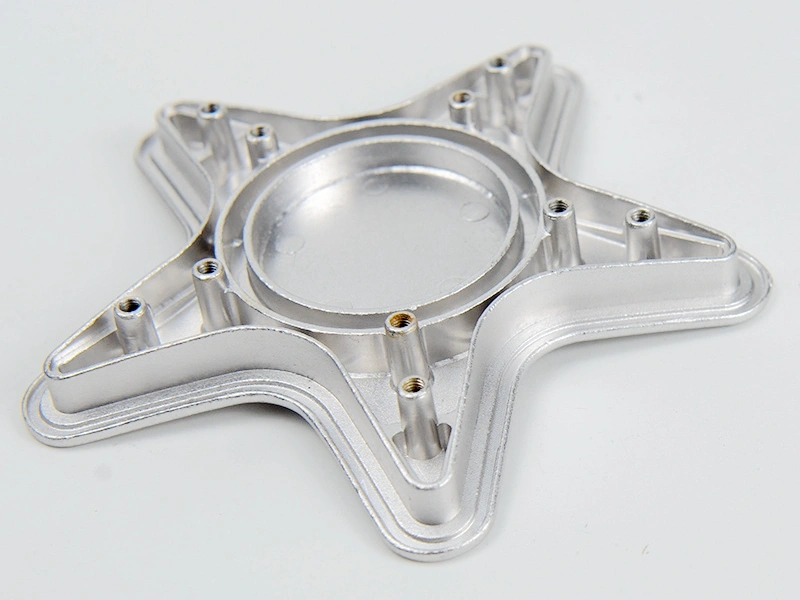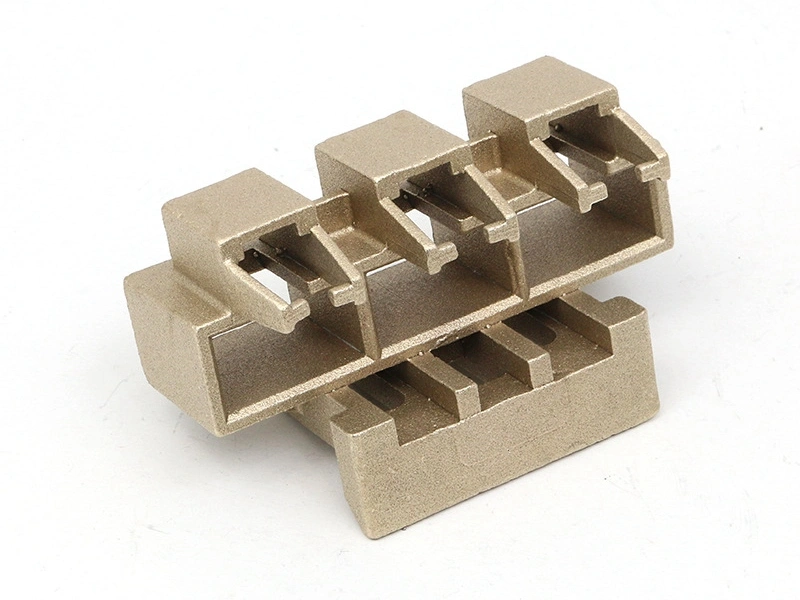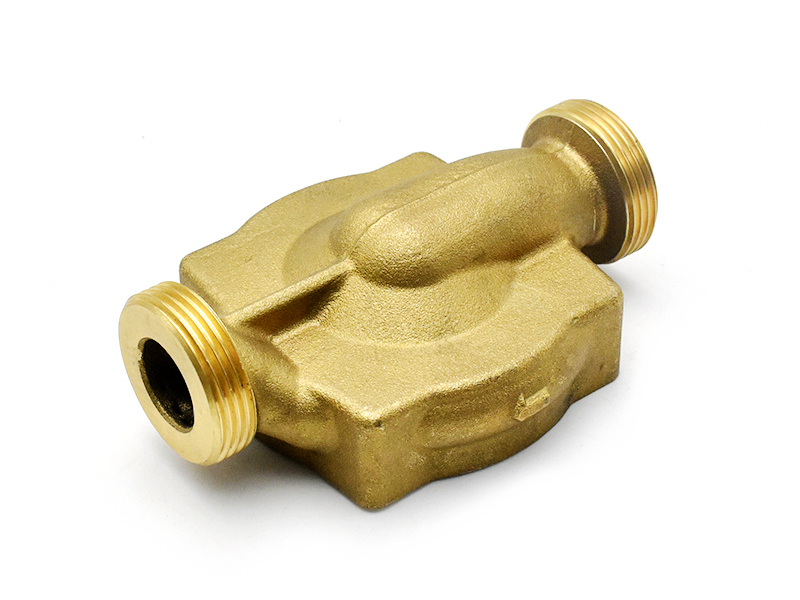How does copper compare to aluminum and zinc in conductivity and strength?
How Does Copper Compare to Aluminum and Zinc in Conductivity and Strength?
Electrical and Thermal Conductivity Comparison
Copper, aluminum, and zinc alloys are all used in die casting applications, but they vary significantly in conductivity—an essential factor in electrical and thermal component design.
Property | Copper Alloys | Aluminum Alloys | Zinc Alloys |
|---|---|---|---|
Electrical Conductivity | Up to 97% IACS (e.g., C18200) | ~35–60% IACS (e.g., A380) | ~27% IACS (e.g., Zamak 3) |
Thermal Conductivity | 250–400 W/m·K | 150–200 W/m·K | 100–120 W/m·K |
Copper alloys dominate in conductivity, making them ideal for components like electrical contacts, terminals, and heat exchangers.
Aluminum alloys offer good thermal conductivity at lower weight and are frequently used in heat sinks and enclosures.
Zinc alloys, while having the lowest conductivity, are suitable for EMI shielding, hardware, and low-current applications.
Mechanical Strength and Hardness Comparison
Mechanical properties such as tensile strength and hardness are crucial for load-bearing or wear-prone parts. Below are approximate ranges for typical die cast alloys:
Property | Copper Alloys | Aluminum Alloys | Zinc Alloys |
|---|---|---|---|
Tensile Strength | 400–700 MPa (e.g., C95400) | 300–400 MPa (e.g., ADC12) | 280–330 MPa (e.g., Zamak 5) |
Hardness (Brinell) | 80–170 HB | 70–110 HB | 80–120 HB |
Copper alloys like aluminum bronze exhibit the highest tensile strength and wear resistance, ideal for marine, aerospace, and hydraulic applications.
Aluminum alloys offer a strong balance of lightweight and good mechanical performance, widely used in automotive and structural components.
Zinc alloys offer sufficient strength and excellent castability, making them ideal for smaller components with tight tolerances.
Summary of Application Suitability
Requirement | Best Choice |
|---|---|
Highest electrical/thermal conductivity | Copper alloys (e.g., C18200, Brass 360) |
Best strength and wear resistance | Copper alloys (e.g., C95400) |
Lightweight applications | Aluminum alloys (e.g., A360, A380) |
Cost-effective precision components | Zinc alloys (e.g., Zamak 3, Zamak 5) |
Recommended Casting Services for Material-Specific Applications
Depending on your performance needs, Neway offers tailored casting services:
Material-Specific Die Casting
Copper Die Casting: Best for high-conductivity and high-strength components.
Aluminum Die Casting: Lightweight, corrosion-resistant solutions.
Zinc Die Casting: Cost-effective with excellent precision and surface quality.
Material Guidance
Casting Materials Overview: Compare copper, aluminum, and zinc alloys based on mechanical and thermal properties.
End-to-End Engineering Support
Die Casting Engineering: Ensure the right material and process combination for your application.
Leverage our one-stop die casting service to optimize material selection, design, tooling, and finishing based on conductivity and mechanical requirements.



